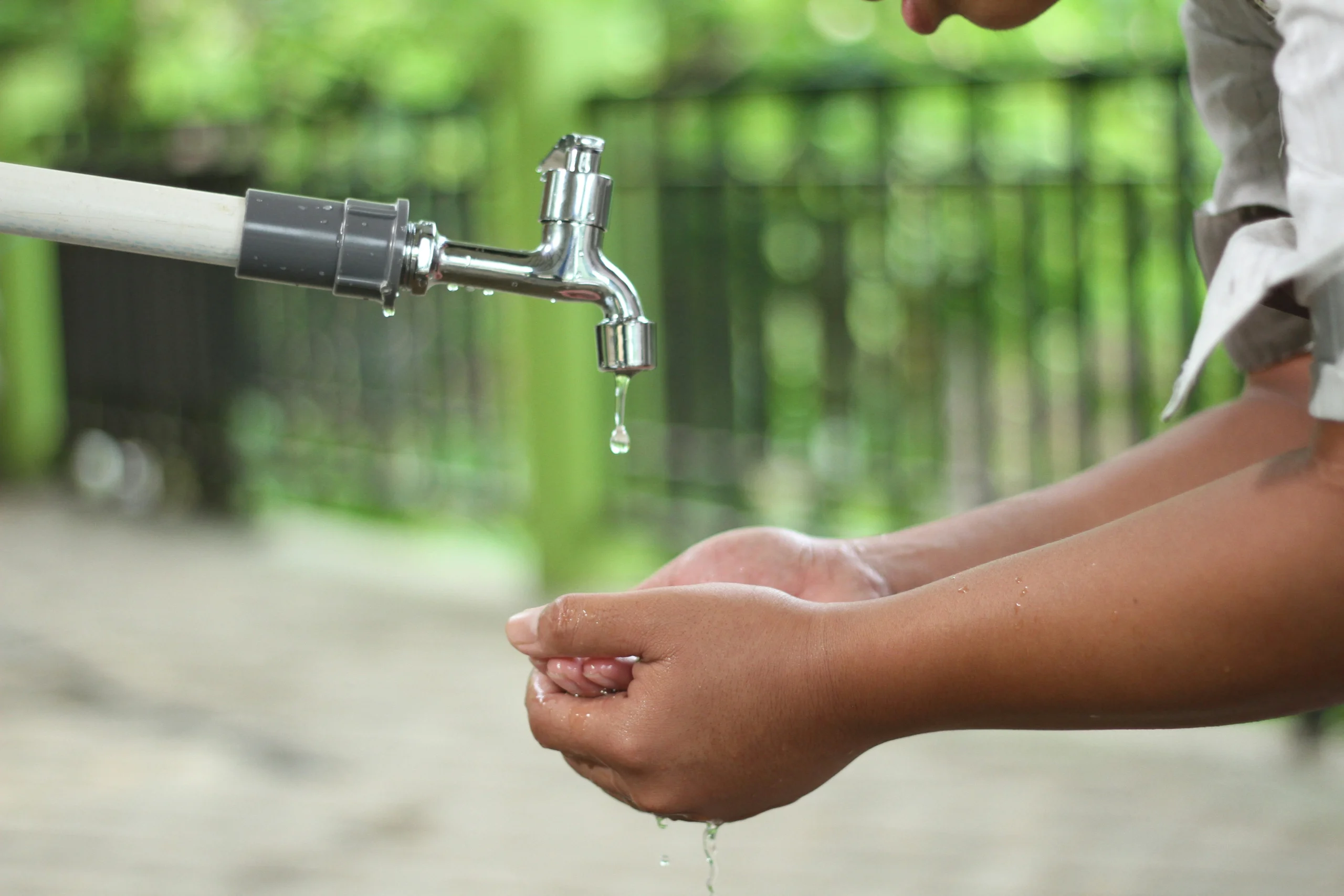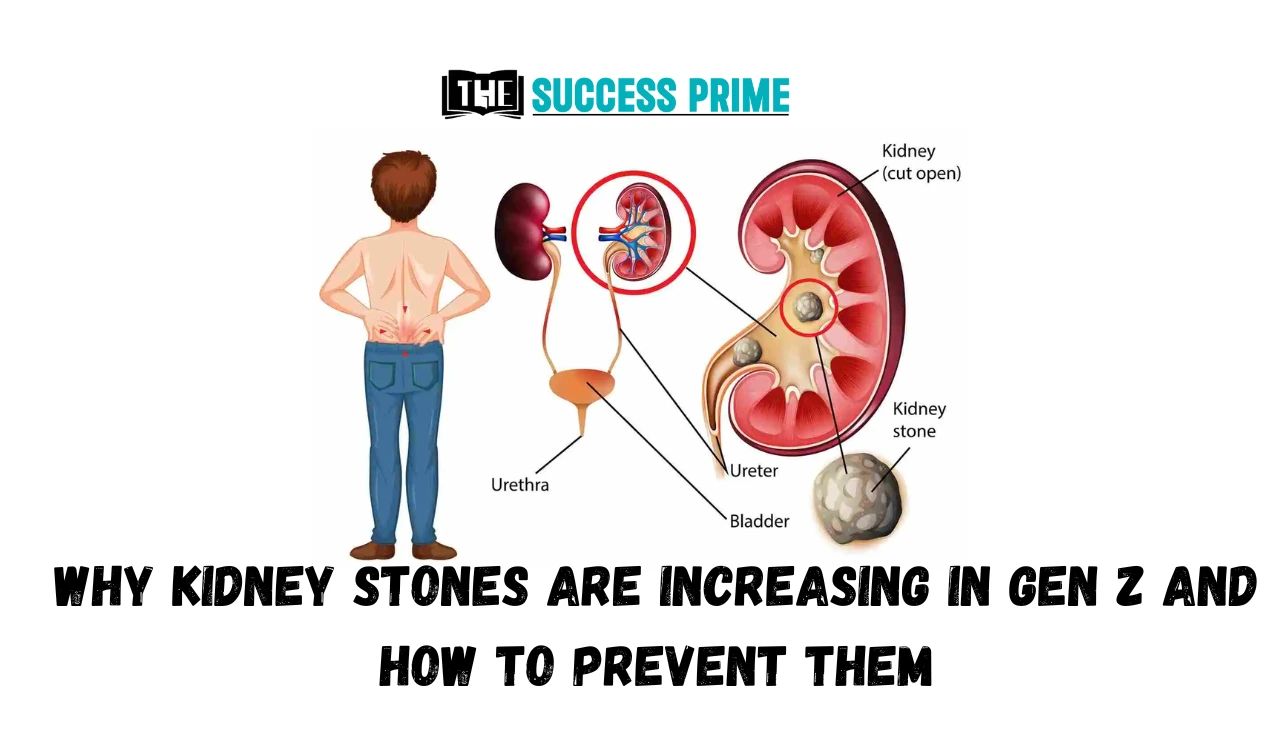How Much Water Do Humans Need Daily? A Clear Answer for All Ages
What is the recommended daily consumption of water? Men need around 16 cups of water each day to be hydrated, compared to an average of 12 cups for women.
The general advice to have 8 glasses of water each day is not as conclusive as it would appear.
Age, biological sex, and degree of exercise are some of the variables that determine how much water a person should consume. In order to be hydrated, women typically need to drink 12 cups (3.2 liters) of water (the standard measurement in the United States) each day, but males need roughly 16 cups (4.5 liters). Foods account for about 20% of this water intake instead of drinks.
Hydration is essential for preserving health since water makes up around 60% of an individual’s body weight. Hydration guarantees that brain activity remains constant since the brain contains 73% more water than the rest of the body. Additionally, consuming adequate water increases vitality, lowers the chance of heart failure, and lubricates joints. Headaches, dry skin, and thirst are indicators of dehydration.
FAQ
- What is the recommended daily consumption of water?
The general guideline is that men need about 16 cups (4.5 liters) of water per day, while women need around 12 cups (3.2 liters). However, this includes total water intake from both drinks and foods, with food contributing roughly 20%.
- Is drinking 8 glasses of water a day enough?
The famous “8 glasses a day” rule is not scientifically fixed. Actual water needs vary depending on age, gender, climate, and activity level. Many people may need more than 8 glasses to stay properly hydrated.
- What factors determine how much water a person needs?
Water requirements depend on:
- Age
- Biological sex
- Physical activity level
- Climate (hot/humid weather increases need)
- Health conditions and medications
- Pregnancy or breastfeeding
- Why is staying hydrated so important?
Water is crucial because it makes up about 60% of your body weight. Proper hydration helps with:
- Maintaining healthy brain function (your brain is 73% water)
- Supporting energy levels and metabolism
- Regulating body temperature
- Lubricating joints
- Reducing risk of heart issues
- Promoting healthy skin and digestion
- What are common signs of dehydration?
You may be dehydrated if you notice:
- Thirst
- Dry skin
- Headaches
- Dark yellow urine
- Fatigue or dizziness
- Can food help meet daily water needs?
Yes. About 20% of daily water intake comes from foods, especially water-rich options like fruits, vegetables, soups, and yogurt.
- Do children and older adults need different water amounts?
Yes. Children, teens, and older adults often need adjusted water intake depending on growth, metabolism, and health conditions. Listening to thirst and monitoring hydration is key.
Click Here: How to Get to Your PNC Routing Number












Leave a Reply